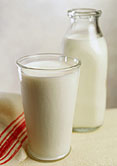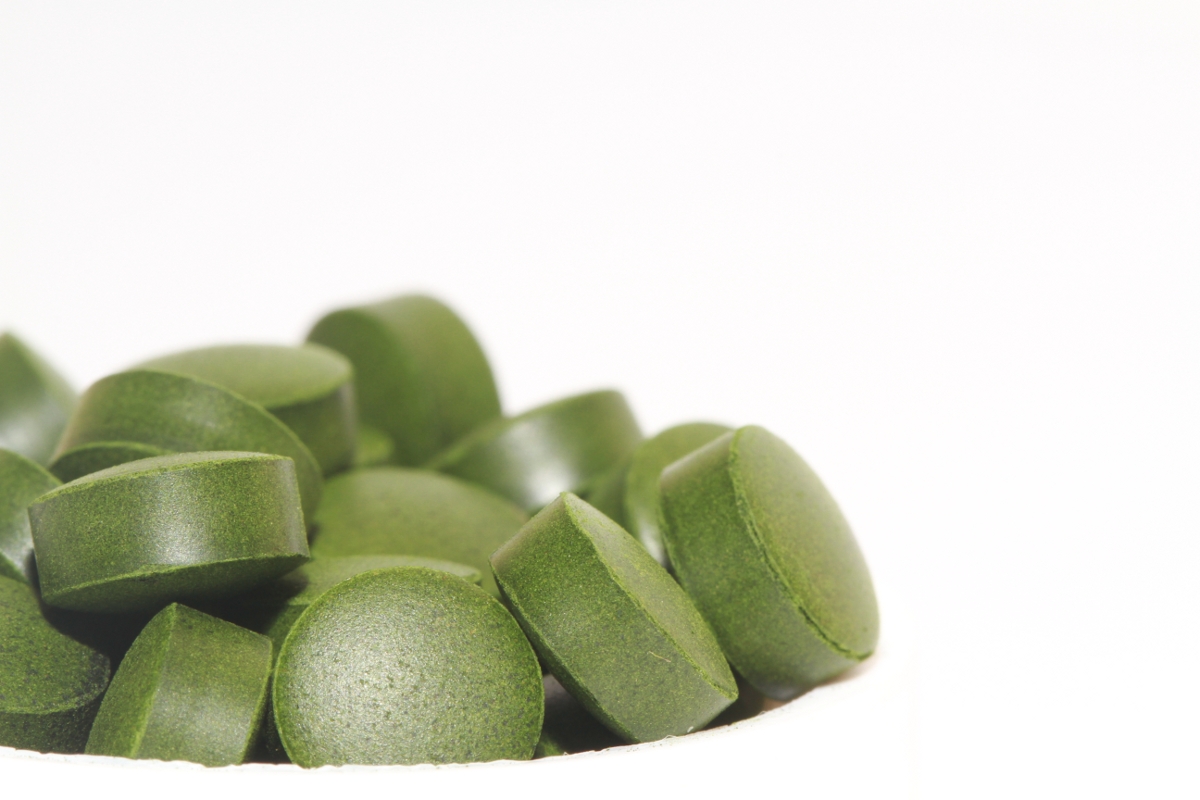
TUESDAY, March 31, 2015 (HealthDay News) — Raw milk causes more than half of all milk-related foodborne illnesses in the United States, even though only about 3.5 percent of Americans drink raw milk, according to a new report.
The researchers warned that people are nearly 100 times more likely to get a foodborne illness from raw (unpasteurized) milk than from pasteurized milk.
While some claim that raw milk is healthier and tastes better than pasteurized milk, the report authors said their findings show that raw milk carries significant health risks. People should not drink it, they said.
The team at the Johns Hopkins Center for a Livable Future reviewed 81 published journal articles about raw cow’s milk. They found it was often contaminated with Salmonella, Campylobacter, Listeria and a dangerous type of E. coli. These bacteria can cause foodborne illness leading to diarrhea, vomiting, cramping, fever and even kidney failure or death.
The report was recently prepared for Maryland lawmakers as they consider lifting a ban on the sale of raw milk.
“Ultimately, the scientific literature showed that the risk of foodborne illness from raw milk is over 100 times greater than the risk of foodborne illness from pasteurized milk,” lead author Benjamin Davis, a doctoral candidate in the Johns Hopkins Bloomberg School of Public Health’s Department of Environmental Health Sciences, said in a school news release.
“Although potential benefits related to the consumption of raw milk would benefit from further investigation, we believe that from a public health perspective it is a far safer choice to discourage the consumption of raw milk,” he added.
Co-author Cissy Li, also a doctoral candidate in the Department of Environmental Health Sciences, said the risks of consuming raw milk instead of pasteurized milk are “well established in the scientific literature.” In some cases, the consequences are severe or fatal, she said in the news release.
“Based on our findings, we discourage the consumption of raw milk, especially among vulnerable populations such as the elderly, people with impaired immune systems, pregnant women, and children,” Li added.
More information
The U.S. Centers for Disease Control and Prevention has more about raw milk.
Copyright © 2024 HealthDay. All rights reserved.

